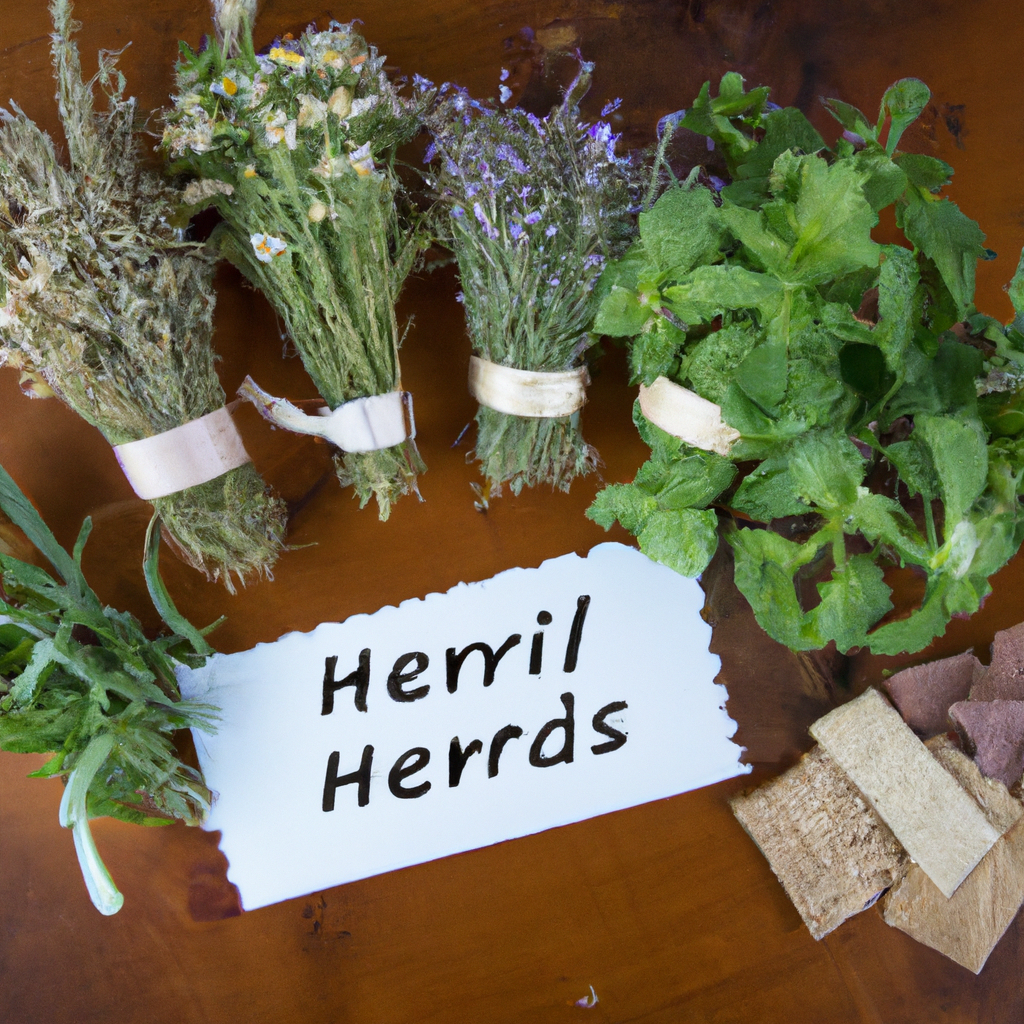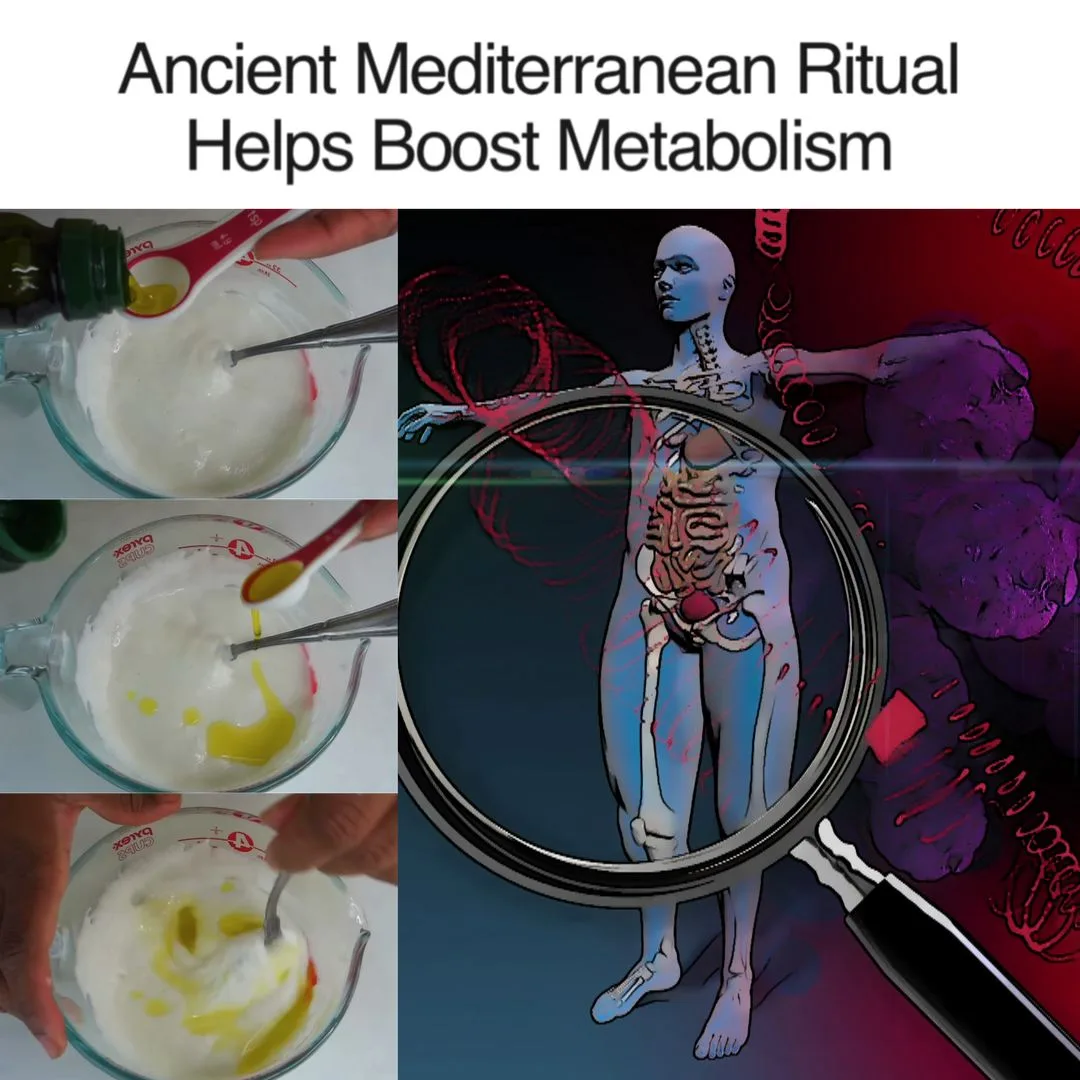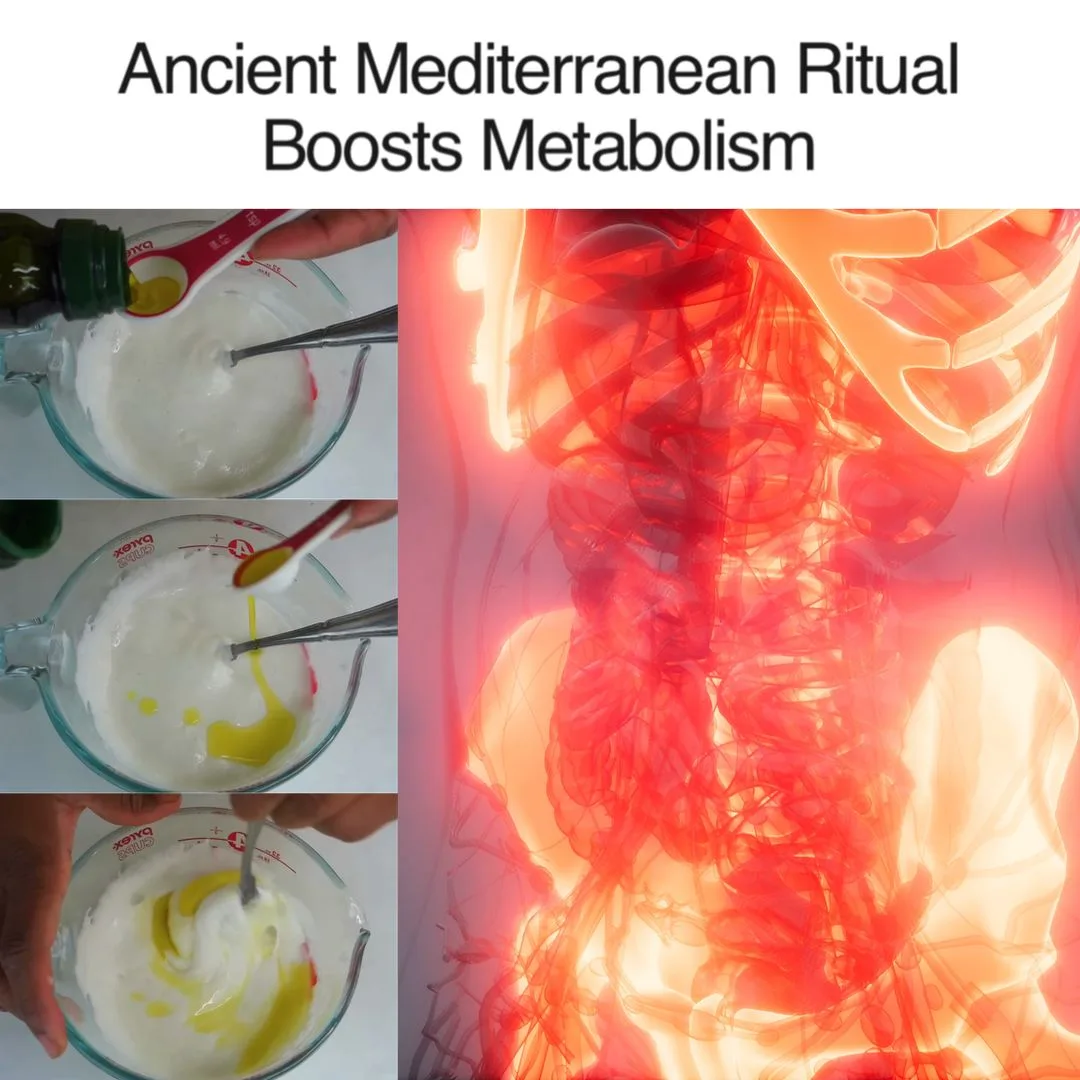When it comes to your health and that of your unborn or nursing child, there’s no room for guesswork. Navigating the world of herbal remedies during pregnancy or lactation can be confusing and not without risk. This article aims to provide clarity on which herbs are safe to use while pregnant or breastfeeding. It goes into detail about a variety of different herbs, exploring their potential impact for both mother and baby.
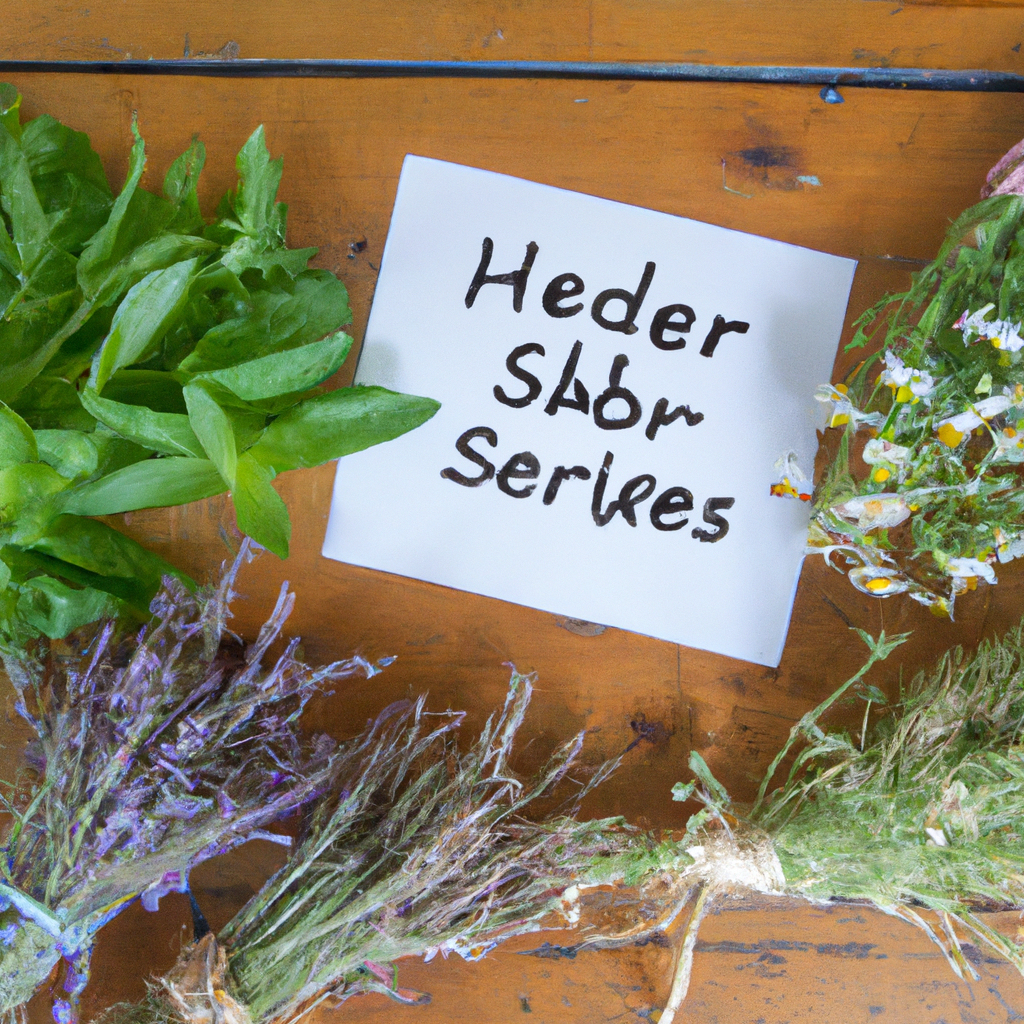
Understanding The Role Of Herbs
Herbs have played a massive part in human life since time immemorial, creating an essential part of your very history and culture. From garnishing your meals to healing your ailments, their incredible abundance and utility have yet to be fully explored.
Defining herbs
The term “herbs” refers to a wide variety of plants used for their aromatic, savory, medicinal, and in some cases, even spiritual value. The beauty of herbs comes from their versatility. From kitchen to home clinic, they have a wide spectrum of uses that make them an essential part of your lifestyle.
Common uses of herbs
Herbs are rich in flavor and can take your culinary experience to new heights. Whether it’s a sprig of parsley to garnish your stew or basil leaves to add flavor to your pasta, herbs can make a simple meal exciting. Also, as a living, breathing creature, you’re likely to fall ill sometimes, and while pharmaceutical drugs often feel like the easiest way out, herbs can offer something different, more natural. Many herbs have traditionally been used for their medicinal properties, providing you with nature’s remedy to your health issues.
The impact of herbs on health
Now let’s talk about the effects of herbs on the body’s health. Herbs work wonders for your body, filling you with antioxidants, vital nutrients, boosting your immune system, and even beautifying your skin. But although most herbs are generally safe, it’s important to note that they are potent and can sometimes even interact negatively with your body, especially during pregnancy and breastfeeding.
Potential Risks Of Using Herbs While Pregnant
Interactions with medications
Pregnancy is a delicate period where you have to be cautious about everything you consume. Certain herbs can interact with your medications, reducing or increasing their effectiveness, which could lead to complications during pregnancy.
Risk of miscarriage
Some herbs can lead to an increased risk of miscarriage by stimulating the uterus and causing contractions, which could endanger the pregnancy. Hence, it’s crucial to know which herbs to avoid during this sensitive period.
Effect on fetal development
Certain herbs have constituents that can cross the placenta and affect the fetus’s development. For example, some may lead to birth defects or low birth weight. For the unborn baby’s safety, it is important always to consult with a healthcare provider before taking any herbs while pregnant.
Potential Risks Of Using Herbs While Breastfeeding
Possible effects on milk supply
Some herbs can affect milk supply, either increasing or decreasing it. These changes may affect your ability to nurse effectively and could impact your baby’s nutritional intake.
Potential effects on baby’s health
Certain herbs can pass into breast milk and affect the baby’s health. They may cause side effects like diarrhea, rash, or even more serious health problems.
Interaction with postnatal medications
After giving birth, you might be put on certain medications and herbs could interfere with these, altering their effectiveness.
Safe Herbs To Use During Pregnancy
Ginger for morning sickness
Helping with morning sickness, ginger is a safe herb to use during pregnancy. It may alleviate nausea and vomiting that are common during the first trimester.
Peppermint for digestive health
Peppermint can be used to help soothe upset stomachs and promote better digestion.
Nettle leaves for nutrition
Nettle leaves are rich in iron, which can aid in combating anemia that some women experience during pregnancy.
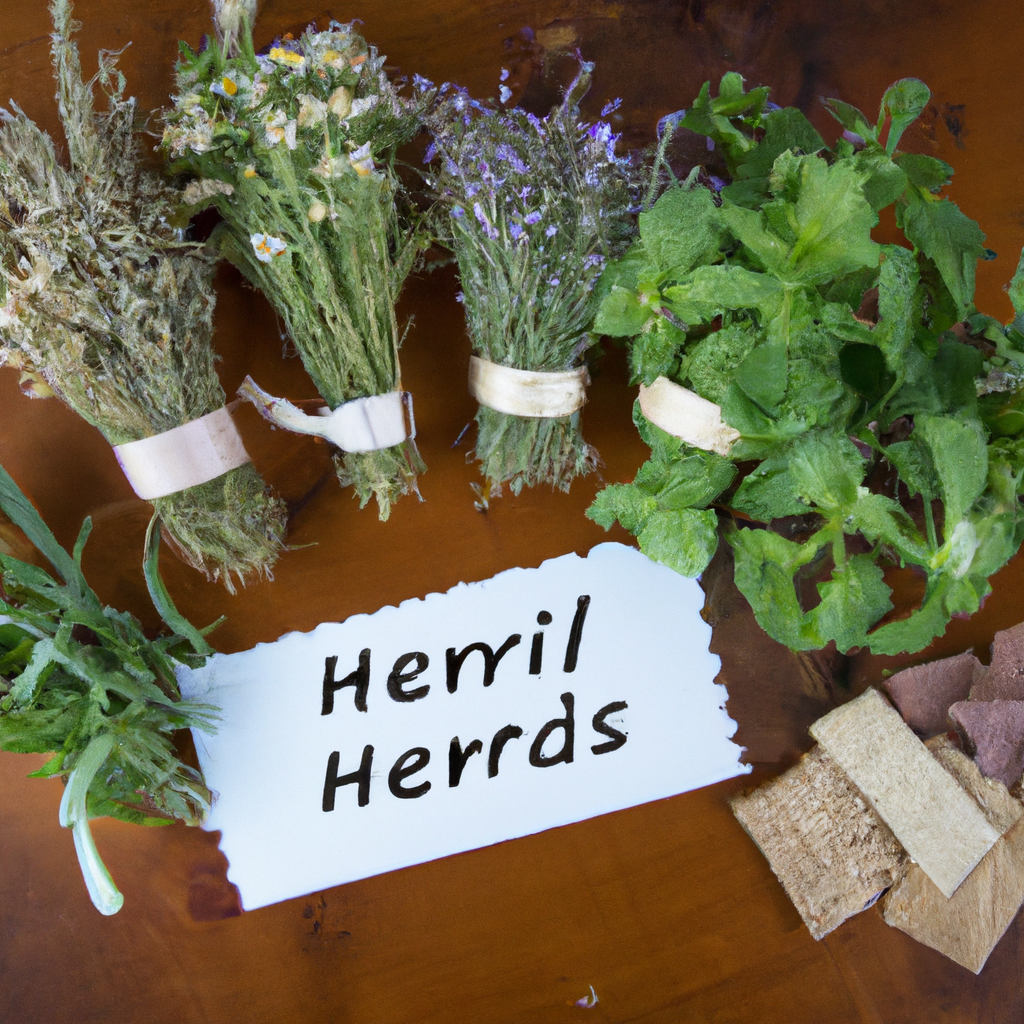
Herbs To Avoid During Pregnancy
Pennyroyal for miscarriage risks
Although commonly used to treat colds and pneumonia, pennyroyal can stimulate the uterus and put you at risk for a miscarriage.
Dong Quai for possible uterus stimulation
Another herb to avoid during pregnancy is Dong Quai. It is often used in traditional Chinese medicine, but it could stimulate the uterus and potentially put your pregnancy in danger.
Yarrow for potential bleeding risks
Yarrow is commonly used for its ability to reduce inflammation and heal wounds, but it can increase bleeding and should be avoided during pregnancy.
Safe Herbs To Use While Breastfeeding
Fenugreek for increased milk supply
Fenugreek has been commonly used in many cultures to increase milk supply during breastfeeding.
Fennel for digestive health in babies
Fennel not only helps with the mother’s digestive health but also can be ingested in breast milk and help babies handle colic better.
Blessed Thistle for lactation support
Blessed thistle is reputed to support lactation and has been used by nursing mothers to enhance milk production.
Herbs To Avoid While Breastfeeding
Sage and Peppermint for possible reduced milk supply
Although peppermint helps with digestive health during pregnancy, it can reduce milk supply during breastfeeding. Sage also reduces milk supply, so both herbs should be avoided while nursing.
Parsley for potential drying effect on milk
Parsley, when consumed in large amounts, can potentially dry up milk supply and should be avoided by nursing mothers.
Black Cohosh for potential hormone disruption
Black Cohosh should also be avoided while breastfeeding because it might disrupt hormonal balance.
Consulting With A Healthcare Professional
The importance of medical advice
For the safety of both mother and child, it is advisable to always consult with a healthcare professional before using any herbs during pregnancy or while breastfeeding.
When to seek professional guidance
If you’re considering using herbs for medicinal purposes or as dietary supplements during pregnancy or breastfeeding, you should seek the advice of a healthcare professional.
How to approach the topic with your doctor
When discussing with your doctor, be sincere about your intentions to use herbs and ask for detailed information about any potential risks involved.
The Role Of Complementary And Alternative Medicine
The rise of herbal medicine
Herbal medicine has seen a rise with people looking for more natural and holistic approaches to their healthcare. However, it’s important to understand the difference between the use and misuse of herbs.
Understanding the difference between the use and misuse of herbs
The use of herbs involves understanding their benefits and precautions, while misuse refers to inadequate use, inappropriate dosage, or using herbs that can potentially cause harm.
Balancing traditional and alternative medicine
While herbs can be potent and beneficial, one shouldn’t forego traditional medicine entirely. Balancing the use of herbal remedies and conventional treatments can lead to a more comprehensive approach to healthcare.
Achieving A Balance: The Safe Use Of Herbs
Understanding the benefits and risks
Using herbs comes with its fair share of benefits and risks. Understanding this can help you make informed decisions about their use.
Recognizing the signs of an adverse reaction
Some signs of adverse reactions include nausea, rash, breathing difficulties, or any unusual change in physical or mental state.
Ensuring proper dosage and use
Lastly, as a responsible herb user, it is vitally important to ensure you consume a proper dosage and use herbs as recommended by a qualified healthcare professional or as indicated by trusted herbal resources.
Using herbs during times as vulnerable as pregnancy or breastfeeding does pose certain risks but carried out with wisdom, knowledge, guidance, and of course, under professional advisement, it can be successfully achieved. It all truly comes down to understanding the power and effect each herb can have and using them wisely to benefit instead of inadvertently causing harm.
